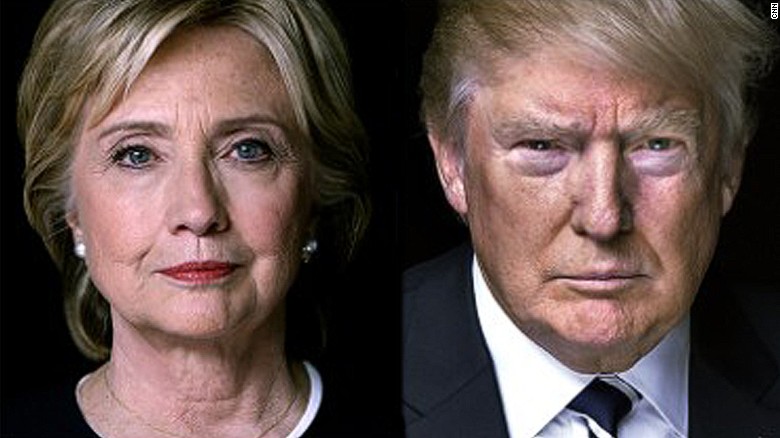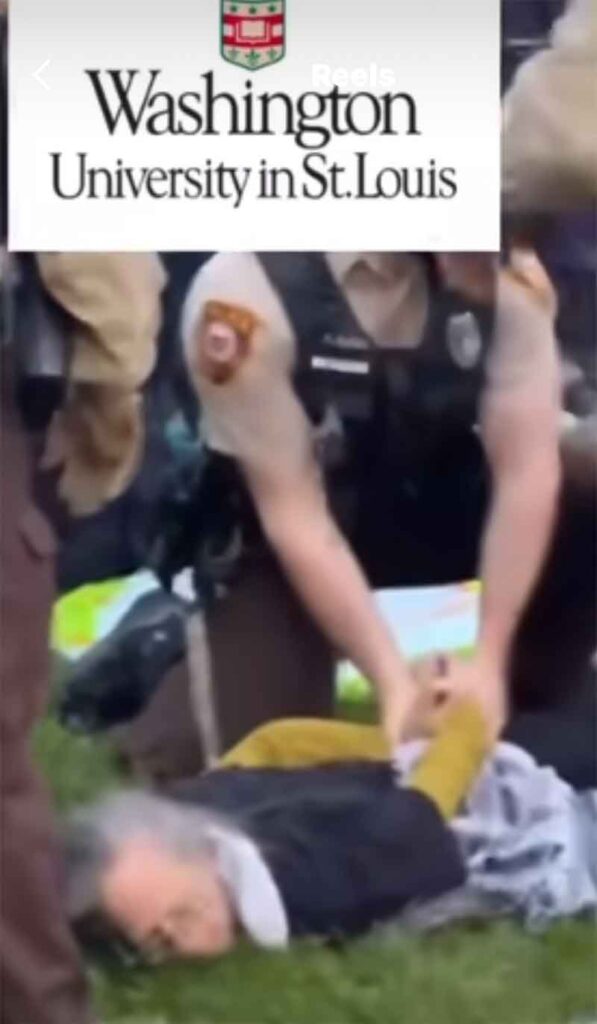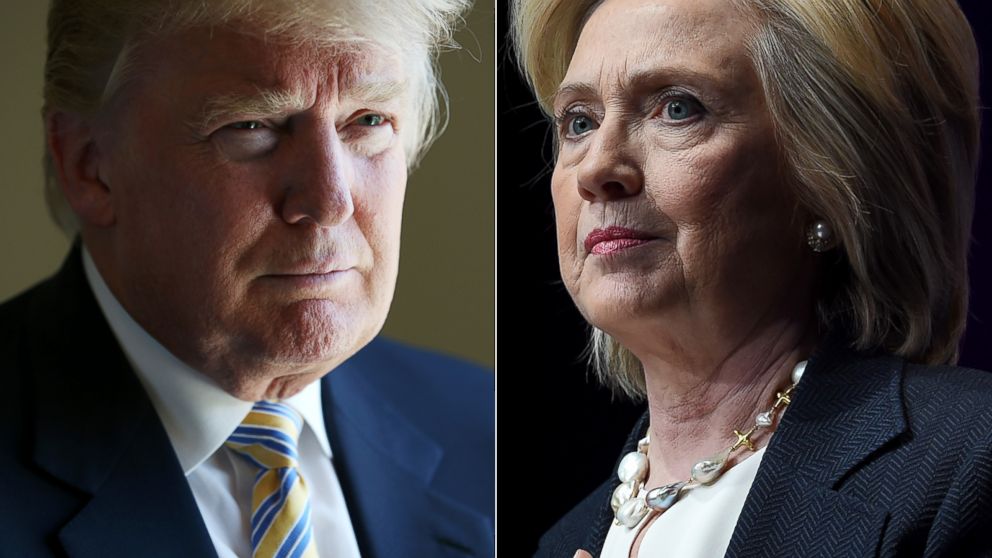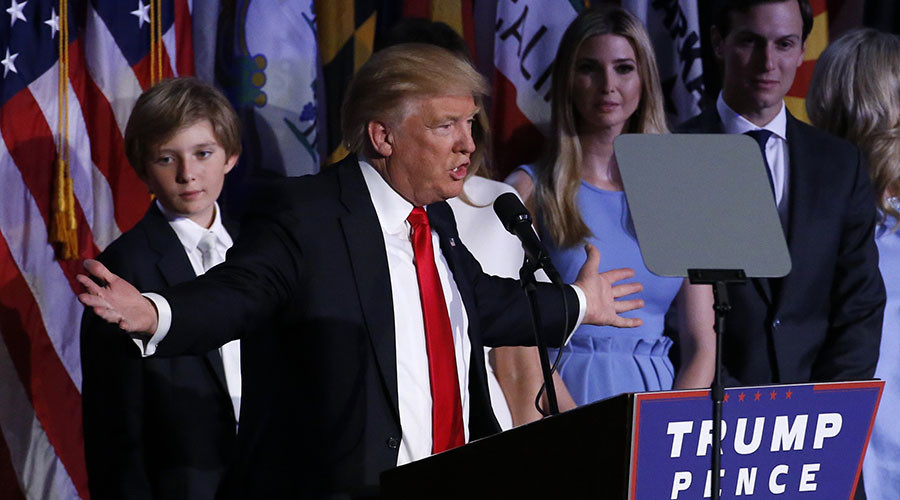
From its creation, the people of the United States have had a special relationship with the person they choose to lead their republic. Given extraordinary—even dictatorial—powers by the Constitution, the President is expected to not only be a wise and effective administrator, but to possess the moral compass established by George Washington, the Nation’s first president.
In his book about President John F. Kennedy, A Question of Character, Professor Thomas C. Reeves draws a distinction between personality and character, finding that the shallowness of a charming personality can conceal harmful and destructive character defects. He believed that “Good character is an essential framework for the complex mixture of qualities that make an outstanding President and a model leader for a democratic people. Character is a question of values, inclinations, and judgment, all of which are brought to bear in the day-to-day work of leadership.”
The job of the President of the United States is to make decisions, and those decisions affect not only the lives of millions of Americans, but the future and well-being of billions of people around the world. President George W. Bush called himself the “Decider-in-Chief,” but obstinately incurious and lacking empathy, the poor decisions he made cost untold lives in the Middle East, and the death and maiming of thousands of young American troops in an illegal and unjustified war that continues to this day.
Electoral politics are morally challenging for candidates and for those who vote for them. Candidates must compromise and avoid taking positions in order to offend the least number of voters and to attract the greatest number of votes. Forced to choose between a limited slate of candidates, voters have to carefully balance the political philosophy, knowledge, experience, and intelligence of the candidates with their perceived morality.
The manner in which candidates tout their own abilities—and disparage those who oppose them—is a good gauge of their essential character. Do they tell the truth about themselves and their opponents? Are they humble or arrogant? Do they have empathy for others? Where do they get their money? Are they someone you would personally trust with the wealth and health of your immediate family?
Once representatives are elected and begin to exercise their discretion, the long-lasting quality and value of their decisions—and whether they benefit those who elect them—depends more upon character, than upon social and political reality. While the art of obfuscation and misrepresentation may play a role in getting the job in the first place, the character trait of intellectual and moral honesty is the best measure of whether decisions will be made for the voters, or for those to who paid for the campaign.
Donald Trump and Hillary Clinton, the major-party nominees in the 2016 election— which is predicted to cost more than $3 billion dollars—are among the least respected in the history of presidential politics. An inability to tell the truth and to appreciate the harmful nature of their lies is a primary character flaw in both candidates. Given the fact that Clinton and Trump are generally despised by most voters, the electoral strategy of both candidates is to convince people to vote against the character of the other person. With the candidates spending billions of dollars on negative advertising, their campaigns are becoming increasingly nasty and their words less trustworthy with each utterance.
For good reasons, a vast majority of the American People do not believe either candidate has the character to make decisions on their behalf in the future. Given the reality, however, that one or the other will be elected in November—and further, that the decisions she or he makes will be extraordinarily influenced by the vast amounts of money handed to them by individuals and corporations with interests that may differ from those who actually cast the votes—what choices do the voters have?
While people are being urged that a vote for the lesser of two evils is the only way to go, there is another choice. A sizeable vote for third-party candidates would represent a sea change in presidential politics. Long thought to be the best method to govern the Nation, the two-party system no longer works—as the two parties have stopped compromising and no longer legislate or administer the government for the public good. Some people fear that a vote for a third-party candidate might benefit the candidate they most despise; however, a ballot of conscience will not be wasted if enough people have the courage to vote their interests, rather than their fears.
Republicans who are unwilling to support Trump should consider voting for Gary Johnson, the Libertarian Party candidate. Formerly serving as the Republican governor of the small state of New Mexico and more recently as the CEO of Cannabis Sativa, Inc. (a marketer of marijuana products), he presents himself as fiscally conservative, socially liberal, and opposed to military interventions.
Democrats opposed to Clinton should consider voting for Jill Stein, the Green Party candidate. A medical doctor, she favors “a people movement to end unemployment and poverty; avert climate catastrophe; build a sustainable, just economy; and recognize the dignity and human rights of every person.”
Given the social and political realities, it will be impossible for either of these candidates to receive a majority of votes in the Electoral College in November; however, together, they could attract enough votes to deny a majority to either of the two major-party candidates.
Having the House of Representatives select the next president and the Senate choose the vice president would be chaotic, but perhaps no more so than the consequences of a nasty election fueled by $3 billion in negative advertising. Given the increased power of the Green and Libertarian parties—especially if they can successfully elect congressional representatives—the need for negotiation and compromise in the selection of the national leaders could set the stage for more effective governance in the future.
The appearance of four or more parties that more closely represent their constituencies—and which are prepared to negotiate and compromise in achieving effective legislation that actually addresses the needs and aspirations of the entire electorate—may present opportunities for more candidates who possess the moral character to serve as president.
Americans will have to live with their choices in the 2016 election, but if nothing else, the election clearly demonstrates that something must be done to transform the government of the United States into one that serves its People, rather than those who buy their representatives. This will require changes to the Constitution, and the only comprehensive proposal currently being circulated is the U.S. Voters’ Rights Amendment (USVRA). Widespread public disgust with the 2016 election may provide the motivation for its serious consideration.
Their vote is the only power remaining to the People. The manner in which they exercise it—and the demands they make on ensuring its value and effectiveness—will govern the future they provide for their children.
William John Cox, a retired public interest lawyer, is the author of “Transforming America: A Voters’ Bill of Rights.”
















































